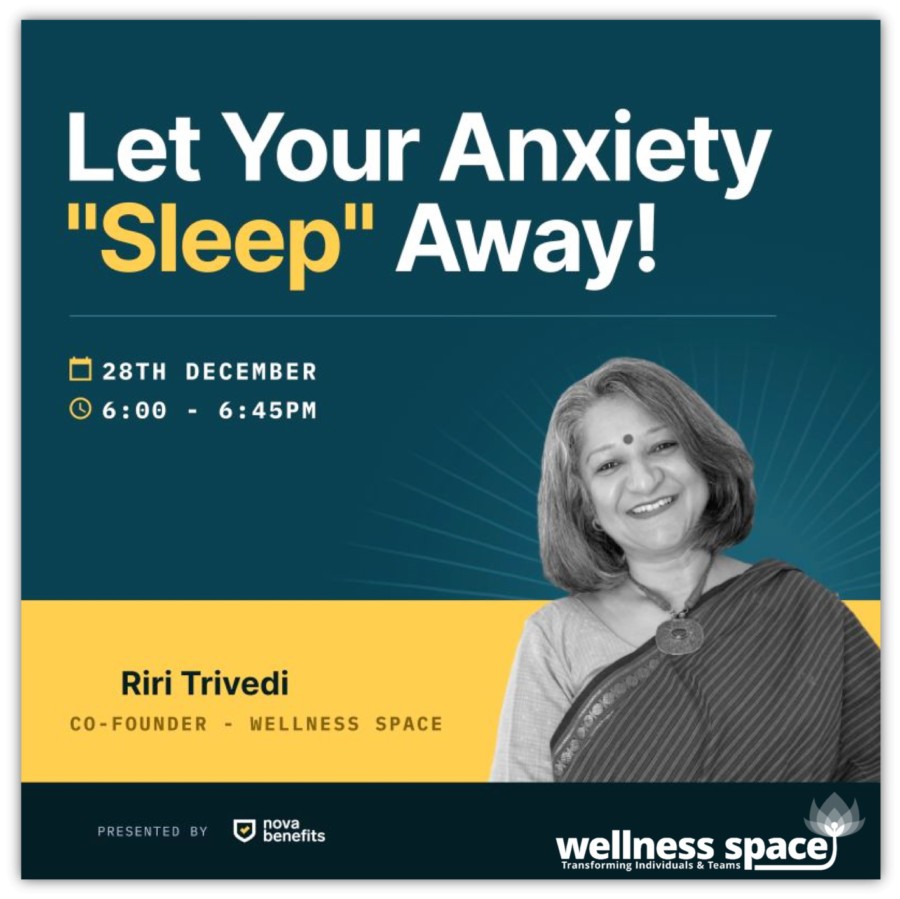Childhood Physical Abuse and long-term health implications – scientific evidence & call to action
Childhood Physical Abuse and long-term health implications - scientific evidence & call to action What is Childhood Physical Abuse? Physical abuse of a child is defined as the intentional use of physical force against a child that results in—or has a high likelihood of resulting in—harm to the child’s health, survival, development, or dignity[i]. Physical abuse includes hitting, beating, kicking, shaking, biting, strangling, scalding, burning, poisoning, and suffocating. Much physical violence against children in the home is inflicted with the object of punishment[ii]. Physical abuse leaves a more profound impact on an individual, and evidence suggests that it transforms into





